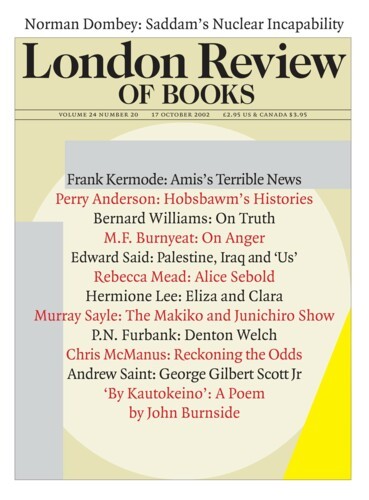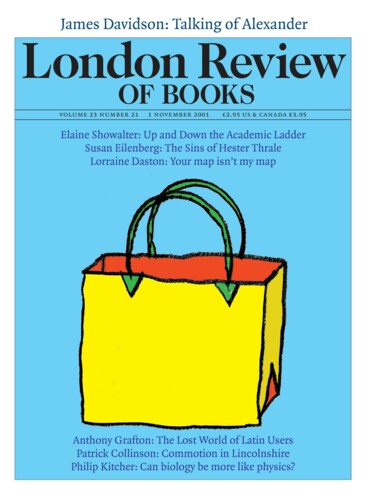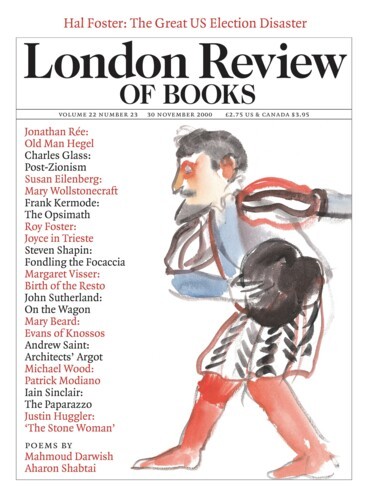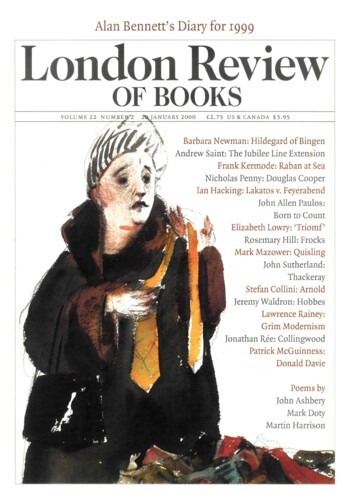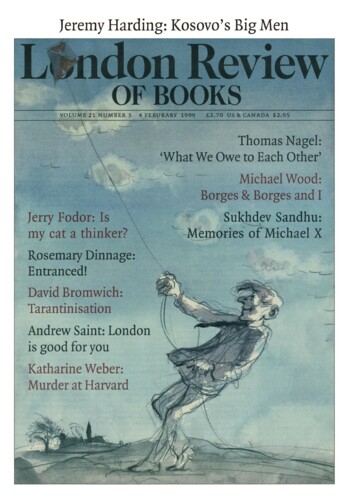The Danger of Giving In: George Gilbert Scott Jr
Andrew Saint, 17 October 2002
First, sort out your Scotts. George Gilbert Scott (1811-78), hereafter Sir Gilbert, designed the Albert Memorial, the Foreign Office and the tumultuous cliff of a hotel that shields St Pancras Station. A spiteful ditty, summing up the Victorian business of church restoration, also accounted him first among ‘the earnest band that spoiled half the churches in the land’. Giles...
